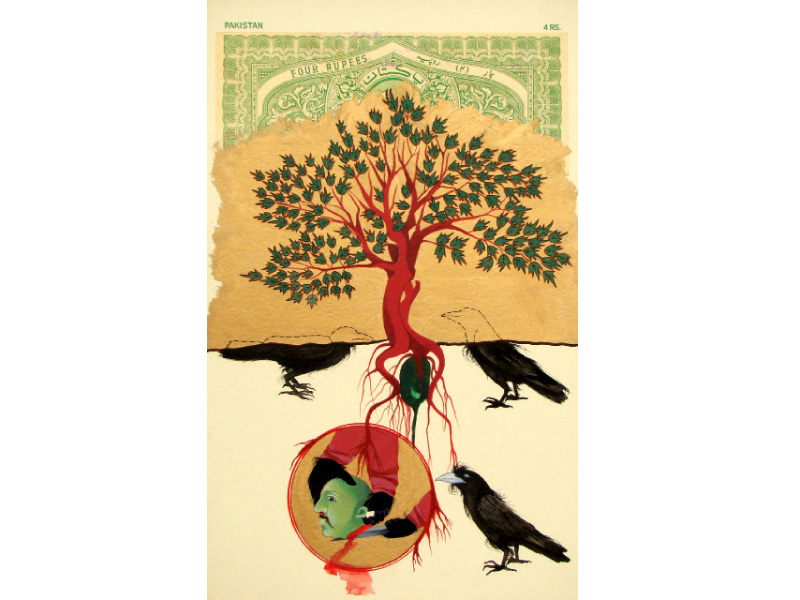
KARACHI:
Politicians are responsible for Pakistan’s downfall. The inability to extract ourselves from the influence and interference of the West has meant that we have been unable to create our own ideology. Artist Sobia Ahmed miniature works from her first solo exhibition scream of these statements, imploring the audience to take a closer look at the reality that surrounds us. The series, Iss purchum ke saaye tullay hum aik hain, is being exhibited at the Chawkandi Art Gallery till September 3.
The title of the series refers to an old song, which was a source of inspiration for the artist in her formative years, Ahmed told The Express Tribune. “Each time I listened to this song, it made me feel good about my country - every note of the song used to ring true, but now, the song sounds clichéd.”
The flagship painting of the series, which also holds the same title, portrays a distortion of the Pakistani flag, with the green area of the flag comprising four different shades of the colour. The remarkable feature of the work is the red colour that is seen to be seeping through the middle of the flag - at the intersection where all four shades meet. “The red colour symbolises blood - the ominous presence of which portrays the violence that has marred our country’s existence since independence.”

‘Who will be next, you or me’ (bottom right). PHOTO: COURTESY CHAWKANDI ART
The miniature arts lecturer at the National College of Arts, Lahore, uses abstract symbolism in her works to make them stand out. The use of the Jinnah cap, the national flag, crescent and the moon, for instance, are indicators of the post-colonial era, which served as the formative years for our country. Through these works, the artist takes the audience on a journey, from the time of independence up until the current scenario, showing how Western imperialism has marred all our efforts to create a national ideology and how the political leaders’ actions have lead to the gradual degradation of our society.
A sense of loss is prevalent in Ahmed’s work - the loss of identity, explained the artist. “The contract paper in my paintings symbolises the agreement signed by our politicians to arrest our national development for their material benefits.”
The crows in the artist’s work represent power-hungry leaders - who have built their power at the cost of mass murders and other evil acts. “As an artist, I can best express my frustrations in my paintings - the realities of the time are part of my psyche and I can’t ignore the visible disintegration of my nation’s ideology,” Ahmed emphasised.

“Can we ignore the fact that our country is segregated on many levels - culturally, ethnically, and politically? Are we Pathans, Sindhis, Balochis and Punjabis, who are then Shias and Sunnis? Why are we not Pakistanis’ first and foremost?” There is need to understand that religion and culture are not mutually exclusive, she stressed.
She lamented that, “India, our eternal foe, is well-recognised worldwide and after 66 years of independence Pakistan’s identity in the world is dominated by Taliban and mullahs.” It is time we reinvent our national identity, she said.
Ahmed’s works are a literal interpretation of idea of ideology, Western influence and bloodsucking politicians. In her mind, the country is a starving child, longing for attention and nourishment. In her own words, “The question we need to ask ourselves is that what can be done for the starving child.”
A gallery visitor and an artist himself, Noman Siddiqui, remarked that Ahmed’s work was spot-on while her portrayal of politicians as vultures was symbolic of our times.
Published in The Express Tribune, August 29th, 2013.
COMMENTS (1)
Comments are moderated and generally will be posted if they are on-topic and not abusive.
For more information, please see our Comments FAQ


















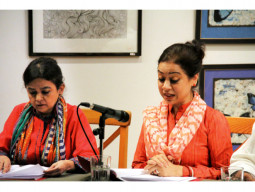
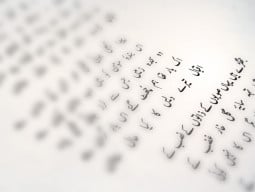
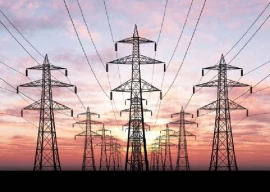

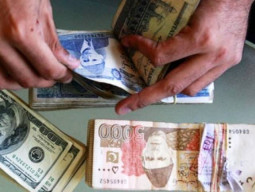
















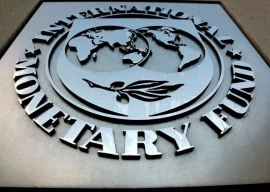
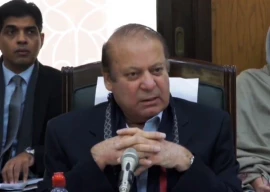


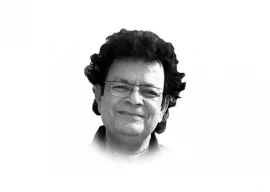



The writer avoid mentioning 1971. That year Bangladesh (East Pakistan) kicked out West Pakistan and rejected 'Pakistan ideology'. Post-1971 Pakistan (West Pakistan) is ideologically not same to 1947 Pakistan.